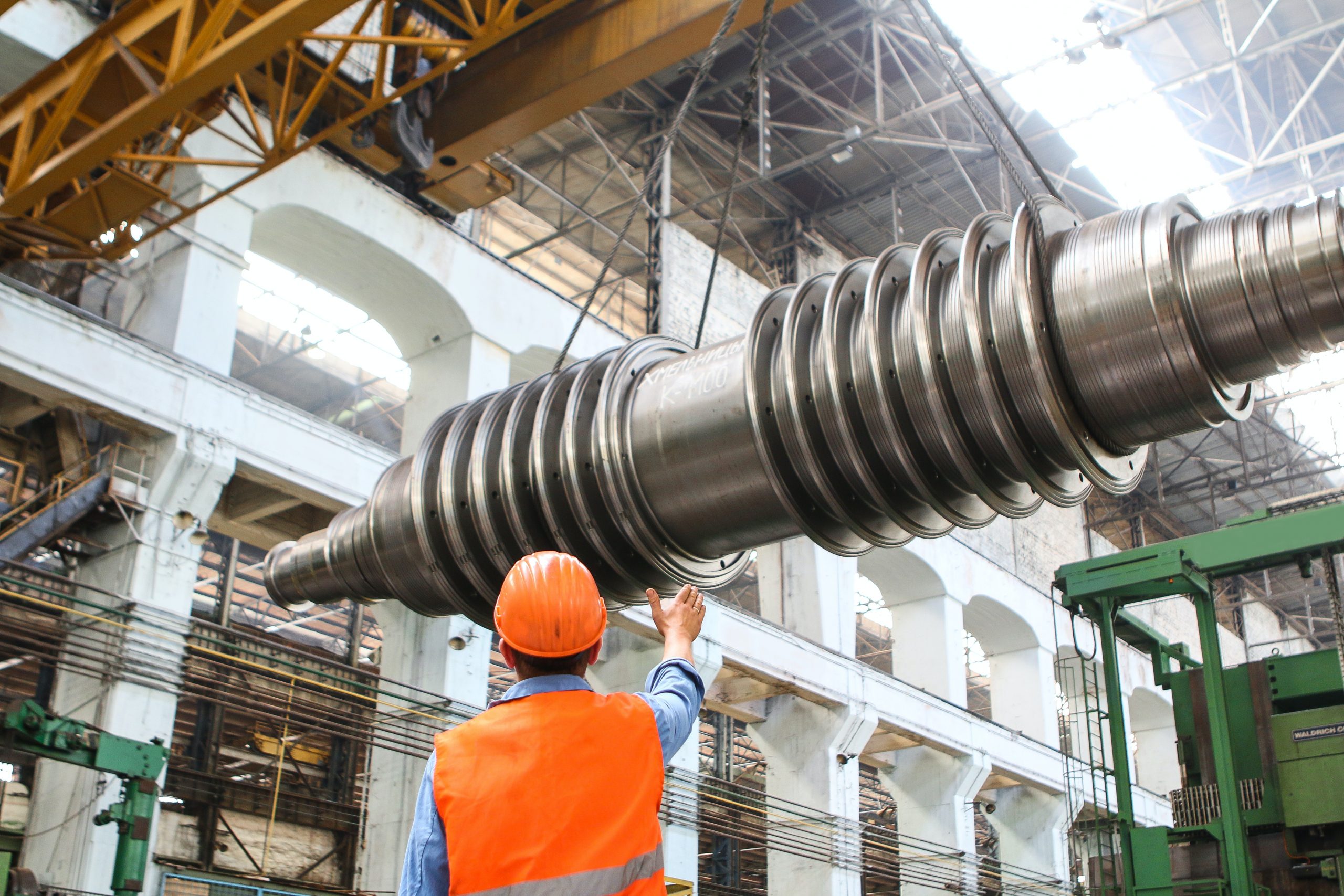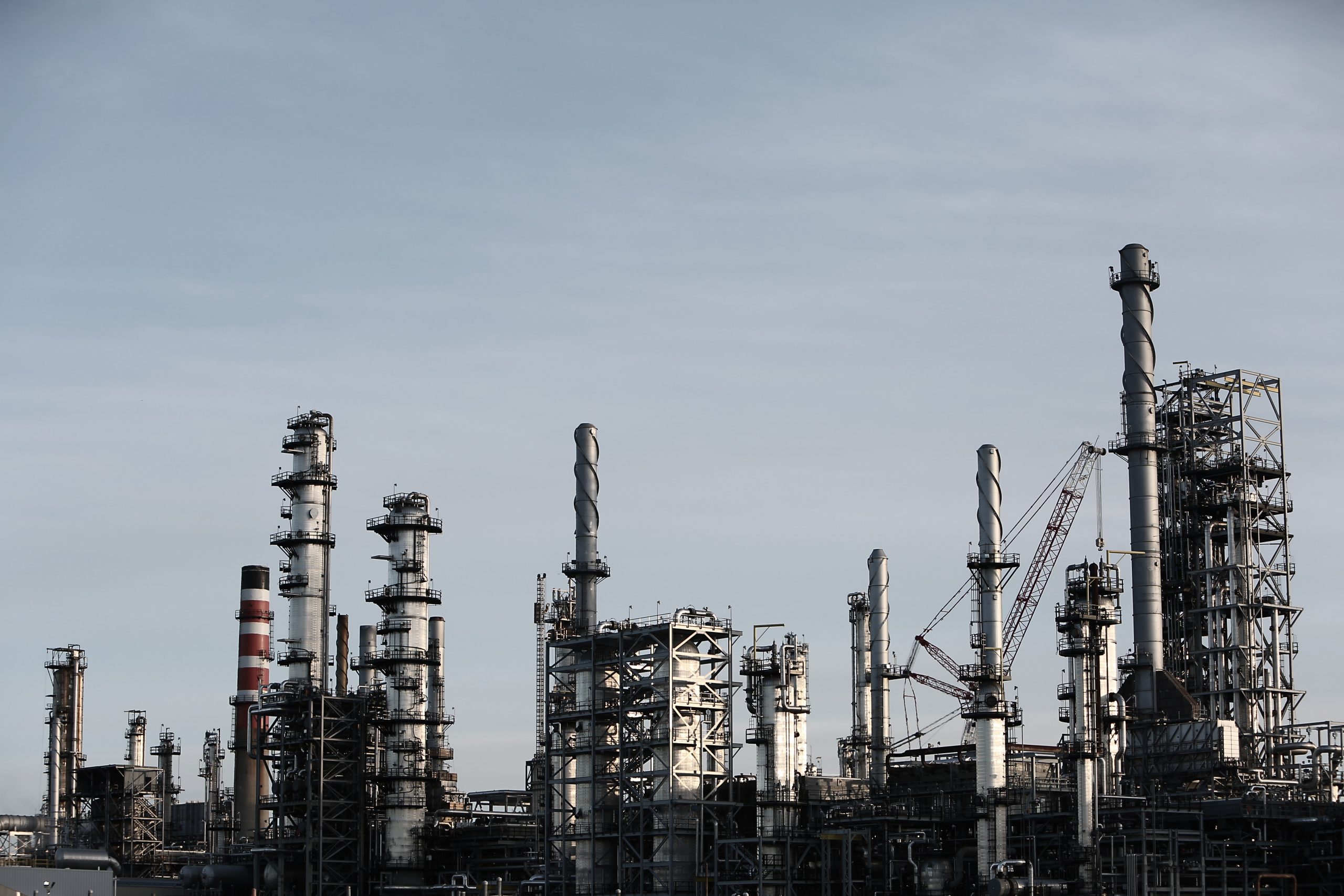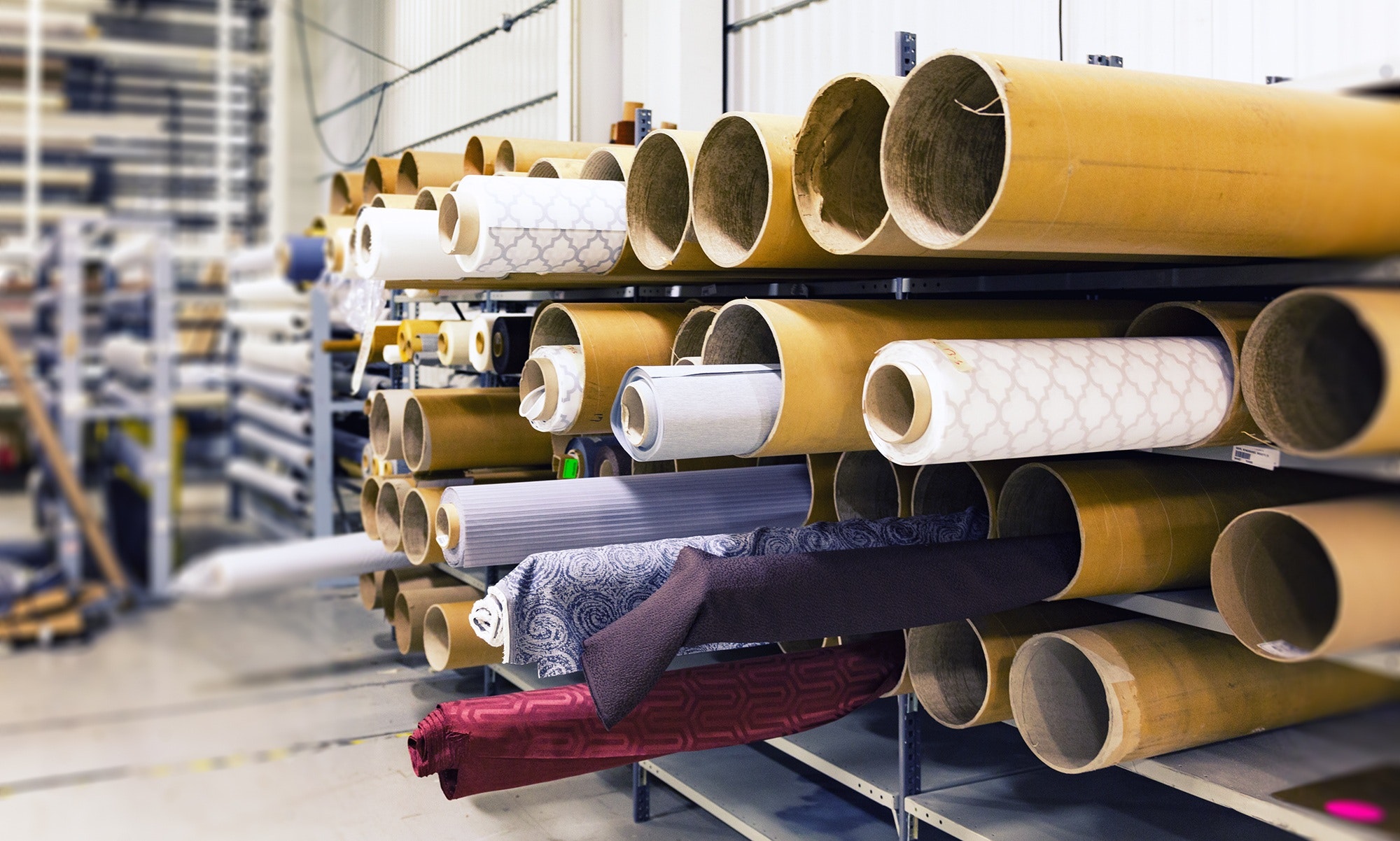
Singapore has established itself as a manufacturing powerhouse, with a reputation for efficiency, reliability, and high-quality products. Manufacturing is a key sector of the Singaporean economy, accounting for a significant portion of its GDP. The country’s strategic location, world-class infrastructure, and skilled workforce make it an attractive destination for manufacturers from around the world. In this comprehensive guide, we will explore everything you need to know about manufacturing in Singapore.
Introduction
Singapore’s manufacturing industry has come a long way since its early days as a labor-intensive production center. Today, Singapore is a global hub for high-tech manufacturing, with a reputation for innovation, quality, and reliability. In this comprehensive guide, we will explore the various sectors of Singapore’s manufacturing industry, the country’s manufacturing infrastructure, workforce, regulations, and government support. We will also discuss the challenges and opportunities facing the manufacturing industry in Singapore, and what the future holds for this vital sector of the Singaporean economy.
Singapore’s Manufacturing Industry Overview
Manufacturing is a key sector of the Singaporean economy, accounting for approximately 20% of the country’s GDP. Singapore’s manufacturing industry has undergone a transformation from low-value-added to high-tech, high-value-added activities. The sector is characterized by a high level of innovation, efficiency, and quality.
Singapore’s Manufacturing Infrastructure
Singapore’s world-class infrastructure is one of the main reasons why it has become a hub for manufacturing. The country has invested heavily in building a robust logistics network, including world-class ports, airports, and highways. Singapore’s telecommunications and IT infrastructure are also highly developed, providing manufacturers with reliable and high-speed connectivity.
Manufacturing Sectors in Singapore
Electronics
The electronics industry is one of the largest manufacturing sectors in Singapore. The country is home to some of the world’s leading electronics manufacturers, including Samsung, Infineon, and STMicroelectronics. The industry is known for its high level of innovation and advanced technology.
Pharmaceuticals
Singapore’s pharmaceutical industry is another major manufacturing sector. The country has established itself as a leading producer of active pharmaceutical ingredients (APIs) and is home to several multinational pharmaceutical companies, including Pfizer and GlaxoSmithKline.
Chemicals
Singapore’s chemical industry is a significant contributor to the country’s economy. The sector is focused on the production of specialty chemicals and petrochemicals. Some of the leading chemical companies in Singapore include BASF, Shell, and ExxonMobil.
Precision Engineering
Singapore’s precision engineering industry specializes in the production of high-precision components and equipment. The industry is highly automated and uses advanced technologies such as robotics, 3D printing, and artificial intelligence.
Aerospace
The aerospace industry is a rapidly growing manufacturing sector in Singapore. The country is home to several leading aerospace companies, including Rolls-Royce, Pratt & Whitney, and ST Aerospace.
Food Manufacturing
Singapore’s food manufacturing industry is another significant contributor to the country’s manufacturing sector. The industry is focused on producing high-quality and safe food products. Some of the leading food manufacturing companies in Singapore include Nestle, Coca-Cola, and Heineken.
Manufacturing Regulations
Manufacturing in Singapore is governed by a range of regulations and policies aimed at ensuring safety, quality, and environmental protection. The country’s regulatory framework is generally considered to be business-friendly and transparent, with clear guidelines and processes for manufacturers to follow.
One of the key regulatory bodies in Singapore’s manufacturing industry is the Singapore Economic Development Board (EDB), which is responsible for promoting and regulating manufacturing activities in the country. The EDB works closely with manufacturers to provide guidance and support on regulatory compliance and other issues related to setting up and operating a manufacturing facility in Singapore.
Other regulatory bodies involved in the manufacturing sector in Singapore include the National Environment Agency (NEA), which regulates environmental and pollution control issues, and the Health Sciences Authority (HSA), which oversees the safety and efficacy of pharmaceuticals and medical devices.
Looking to set up a manufacturing facility in Singapore? Contact us for expert guidance and support.

Workforce in Singapore’s Manufacturing Industry
Singapore has a highly skilled and educated workforce, which is one of the reasons why it has become a hub for high-tech manufacturing. The country’s education system is renowned for its quality, and the government has made significant investments in training and development programs for the manufacturing industry.
Singapore’s manufacturing industry employs over 450,000 people, and the sector is expected to continue to grow in the coming years. The industry offers a wide range of career opportunities, from engineering and research and development to management and logistics.
Government Support for Manufacturing in Singapore
The Singaporean government has been highly supportive of the manufacturing industry, recognizing its importance to the country’s economy. The government has implemented a range of policies and initiatives aimed at promoting the growth and development of the sector.
One of the key initiatives is the Industry Transformation Map (ITM), which is aimed at helping manufacturers in Singapore to stay competitive and adapt to the changing global business environment. The ITM provides a roadmap for manufacturers to adopt new technologies, improve processes, and develop new products and services.
The government also provides financial support to manufacturers through various grants and incentives, including tax incentives, research and development grants, and investment allowances. These initiatives help to reduce the cost of doing business in Singapore and make the country an attractive destination for manufacturers.
Challenges and Opportunities for Manufacturing in Singapore
While Singapore’s manufacturing industry has many strengths, it also faces several challenges. One of the biggest challenges is rising costs, particularly in areas such as labor and land. Singapore also faces increasing competition from other countries in the region, such as China, Vietnam, and Thailand.
However, there are also many opportunities for the manufacturing industry in Singapore. The country’s strategic location, advanced infrastructure, and skilled workforce make it an attractive destination for manufacturers looking to tap into the fast-growing Asian market. The government’s support for the industry also provides a favorable business environment for manufacturers.

Future of Manufacturing in Singapore
The future of manufacturing in Singapore looks bright, with the government continuing to invest in the sector and promote innovation and development. The country is well-positioned to take advantage of emerging technologies such as 5G, artificial intelligence, and the Internet of Things.
Singapore’s manufacturing industry is also likely to continue to focus on high-value-added activities, such as research and development, design, and engineering. This will require a highly skilled workforce and ongoing investment in education and training.
Conclusion
Singapore’s manufacturing industry is a vital part of the country’s economy, with a reputation for innovation, efficiency, and quality. The industry is supported by a world-class infrastructure, a skilled workforce, and a favorable regulatory environment. While the industry faces some challenges, there are also many opportunities for growth and development, particularly in emerging technologies and the fast-growing Asian market.
Looking to set up a manufacturing facility in Singapore? Contact us for expert guidance and support.

